For me, forgiveness and compassion are always linked: how do we hold people accountable for wrongdoing and yet at the same time remain in touch with their humanity enough to believe in their capacity to be transformed? 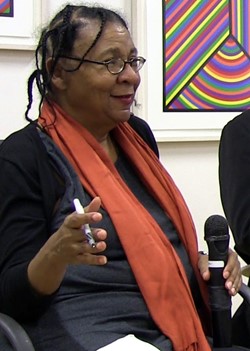 Read: What bell hooks taught a celibate Catholic priest-in-training about racism and feminism from American Magazine by James Martin SJ image: Alex Lozupone (Tduk)
0 Comments
In a recent message from Sojourners, Jenna Barnett,did a brilliant job with a reflective practice we recommend and call "Praying the News" which is a way to pause as we encounter the "signs of the time" and to provide context for current events. While this can surely be Scripture it can also include writers and poets who speak to the joys and sufferings of our planet and people.
She writes, "Whatever you choose to read during a certain month or week — if it’s good enough — can become a frame around most everything else you do. Even if you literally can put a good book down, it’ll still stick around in your imagination. That’s been the case for me with James Baldwin’s “Letter From a Region in My Mind.” An essay [so timeless that it] easily becomes a conversation partner for everything else you read. I read a lot of news this week, and Baldwin had something to say about all of it." Read the story here Image: https://commons.wikimedia.org/wiki/ Allan warren 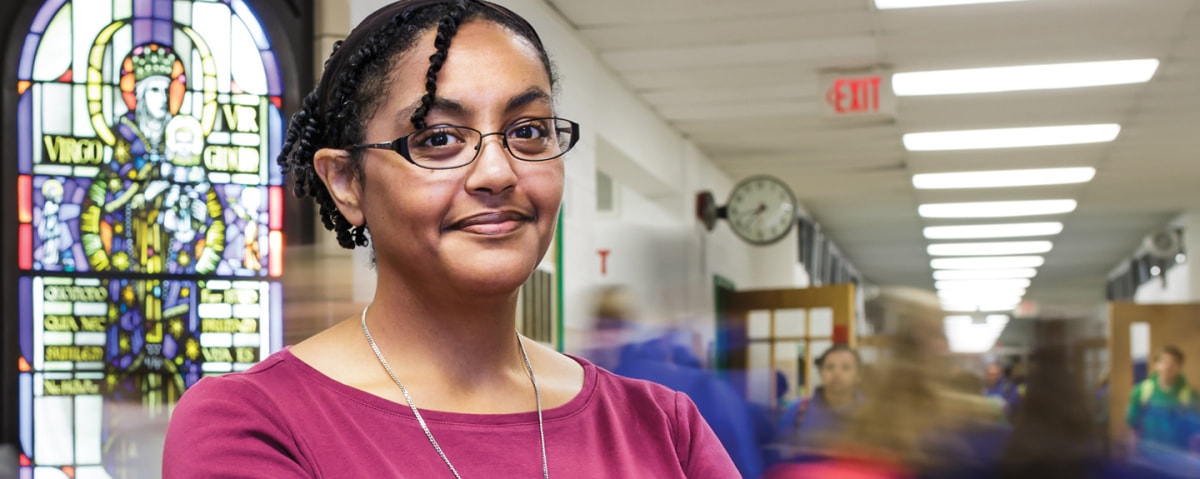 Being Black and Catholic: A Reflection From a PSN member: "I heard [Sr. Nicole] speak before but was reminded by her testimony of the naked truth of racism, the scars it leaves, how racism permeates our society, and the part I play in allowing it to exist in myself, in society and in the Catholic Church. After listening to her presentation, I felt sad, guilty and angry. " Sr. Nicole Trahan FMI shares her reflections on the challenges of being a Black woman in the Catholic Church of the Midwest and the challenge facing the Church to become truly integrated and anti-racist. Watch her story here. Other stories in the March 2021 Newsletter on racial Justice
Merely technical solutions run the risk of addressing symptoms and not the more serious underlying problems. There is a need to respect the rights of peoples and cultures, and to appreciate that the development of a social group presupposes an historical process which takes place within a cultural context and demands the constant and active involvement of local people from within their proper culture. Nor can the notion of the quality of life be imposed from without, for quality of life must be understood within the world of symbols and customs proper to each human group. Laudato Si', Pope Francis, 2015, Chapter 4, #144. 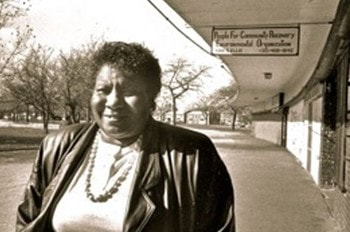 Johnson stands outside the office of People for Community Recovery, the organization she founded in 1979. (Courtesy of People for Community Recovery) Johnson stands outside the office of People for Community Recovery, the organization she founded in 1979. (Courtesy of People for Community Recovery) Are there connections between systemic racism and environmental threats and degradation? In Lessons for Catholics from the life of Hazel Johnson, Mother of environmental justice," National Catholic Reporter's EarthBeat marked the end of Black History Month with a profile of Hazel Johnson, a Black woman who left an indelible mark on national environmental policy while remaining deeply rooted in Altgeld Gardens, the southeast Chicago neighborhood where she spent her life fighting polluters. Johnson, who died in January 2011, is considered the mother of the U.S. environmental justice movement. She is known for her relentless battle against the evil that surrounded her neighborhood in the form of toxic dumps, lead paint and other pollution that sickened her neighbors and shortened their lives. Last fall, The Passionist Solidarity Network offered 4 sessions of “circle” gatherings for the Passionist Family to engage in conversations about racial justice. 33 people registered and participated during impactful 90 minute sessions. Anchored with prayer and reflection, sessions also incorporated spoken word, music and video as we confronted the historical foundations of the culture of whiteness. It was a safe-space for deep listening and speaking our truths. Resource materials between sessions stressed taking small steps toward personal change and action ending with the questions “How do we move forward from here?” “How do we stay in motion?” Read the report from this discussion series here
The PSN hopes this conversation will be continued by each of the individuals who participated who have learned more about the issues and feel more comfortable talking about race in their own circles. In terms of the larger Passionist Family, we want to help make sure that a racial justice lens is used whether we are working with Ladauto Si' programming or with our retreat, governance and committee work. We are encouraged to help the provinces look more to becoming a committed anti-racist organization. For a peek as to what that involves (and it is a long process and commitment) read Continuum on Becoming an Anti-Racist Multicultural Organization, a document developed by Crossroads Ministry in Chicago and further adapted. |
Categories
All
|
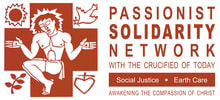
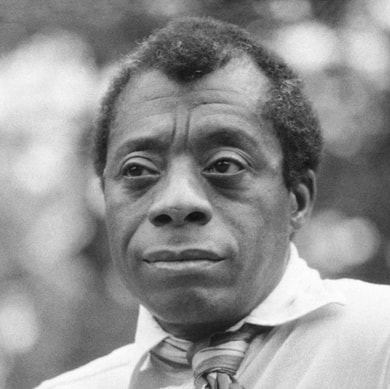
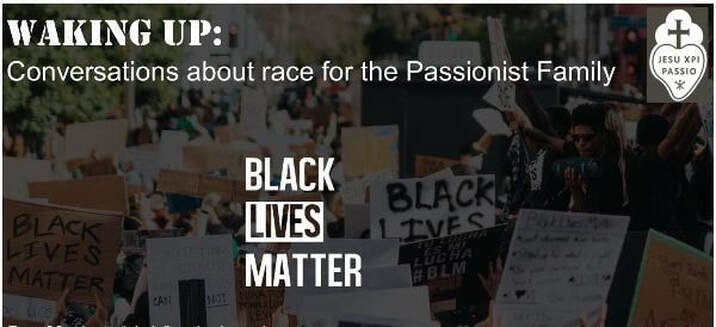
 RSS Feed
RSS Feed